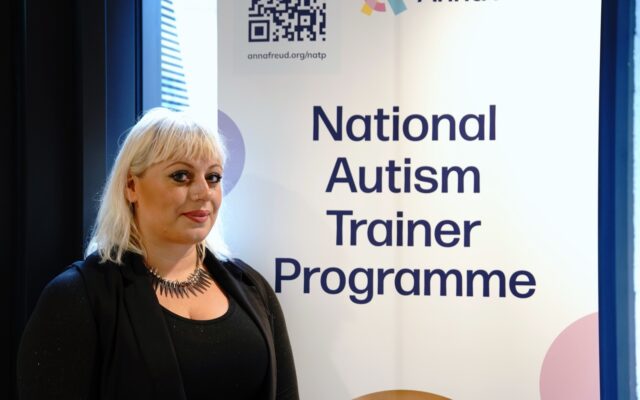Mixed emotions about supported work
Reading the special employment issue (CL 31: 1) raised contrasting thoughts and emotions for me.
As a social worker, I am deeply committed to social justice and have always had a rights-based approach to my work. It was heartening, therefore, to read about projects that facilitate work experience and paid employment, such as A Potential Diamond, Do Your Thing, Bead Sew Crafty and the impressive Project SEARCH.
I was moved by the contributions from David Braunsberg and Sara Pickard, who described their personal experiences.
As well as a social work academic, I am the sister of a 54-year-old woman who has learning disabilities and is deaf, and who has been helped by a supported employment scheme for almost 30 years.
Before her work placement, my sister’s experiences of education and work had been segregated. These gave her a deep sense of her differences, and caused her to feel very negative about her disabilities.
She was found a work placement with a major chemist chain, which was perfect.
Without job coach support, my sister’s place in the company would not have lasted. Sadly, local authority funding for her scheme was lost, and the work was taken over by a social enterprise which will offer a much reduced service.
Thankfully, because of the stability of my sister’s placement and the ongoing commitment from the project, her support should not be affected.
My sister has never been employed or paid – and the injustice of that is not lost on me. She doesn’t understand pay issues and, as a family, we have been unwilling to push this for fear she could lose her role.
However, I will be forever grateful and incredibly thankful for the support and opportunities she has had. The placement has given her a routine and structure, and the opportunity to participate in a meaningful, socially valued role.
She feels good about herself, and has a job she does well and enjoys. Her skills are recognised and she is relied upon. She benefits from the experience of being a trusted team member, and is respected for what can do and as the person she is.
Jane Lloyd University of Central Lancashire
We need to target council policy makers
I was interested to see your conference report on the named social worker pilots (CL, 31: 2). I attend many “reviews” – usually attempts to cut services – to advocate for people receiving direct payments.
After a long time providing this service, I have found there are very few social workers these days. Those who attend reviews in my area have had to forget what they have been taught about social work at university and adapt to work within the local authority’s policies.
I feel little progress will be made until directors of services attend such events. Legally, people have rights on their side but have to mount a challenge in court to have them granted. Very few people can afford this or have time to go through this.
I find it harder and harder to keep care packages for people because of local authority policies to cut services.
It is these policy makers we need to get the message across to. Until then, I cannot see much change for the good happening.
Les Scaife West Lancs Peer Support, Skelmersdale
Thanks for your powerful voice
I am a freelance social work consultant who needs to keep up with research, best practice and the challenges faced by people who need support to live a good life. I also need to understand how policies and legal changes are being implemented.
I have found the articles in Community Living thought provoking and motivating, as the balance between successful changes and ongoing challenges (such as the overuse of assessment and treatment units) is excellent. The voices of people with learning disabilities are heard in a variety of imaginative ways.
The magazine is very powerful in getting painful and difficult issues into the public domain, and tackling complex issues with implications for quality of life and human rights, while celebrating the contributions of people with learning disabilities and those who support them.
Thank you to the Community Living team and authors for a great read.
Ellen Law Cardiff






